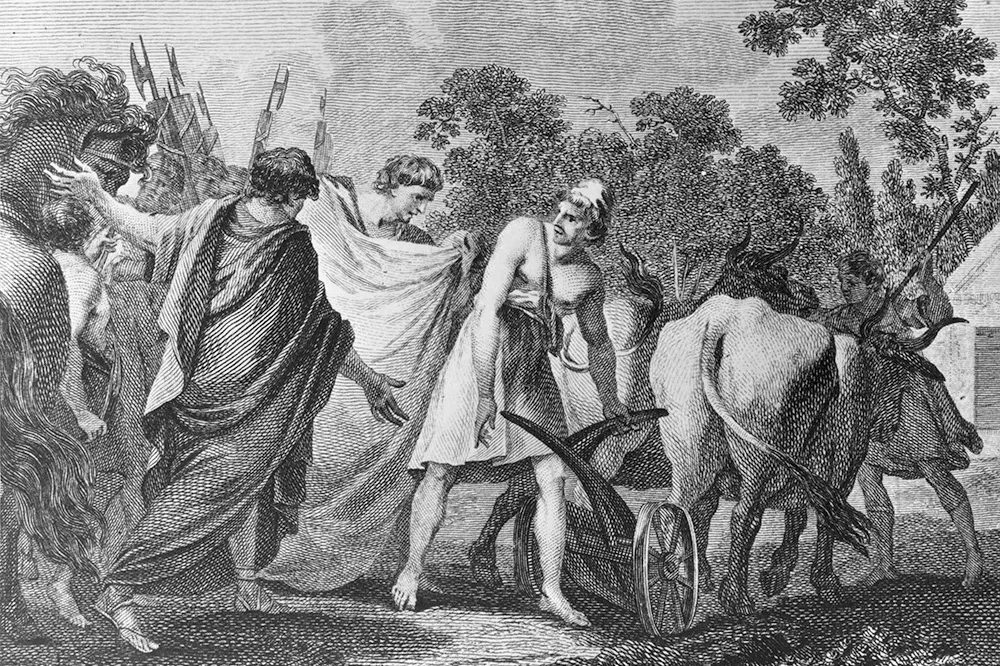Peter Jones

 Donald Trump’s obsessive ‘awhairness’ makes you wonder: why is it so important to him?
Donald Trump’s obsessive ‘awhairness’ makes you wonder: why is it so important to him?
 Nothing, whether public or private, is stable; the destinies of men no less than of cities are tossed about
Nothing, whether public or private, is stable; the destinies of men no less than of cities are tossed about Take the famous example of Cincinnatus
Take the famous example of Cincinnatus
US EDITION OF THE WORLD’S OLDEST MAGAZINE




